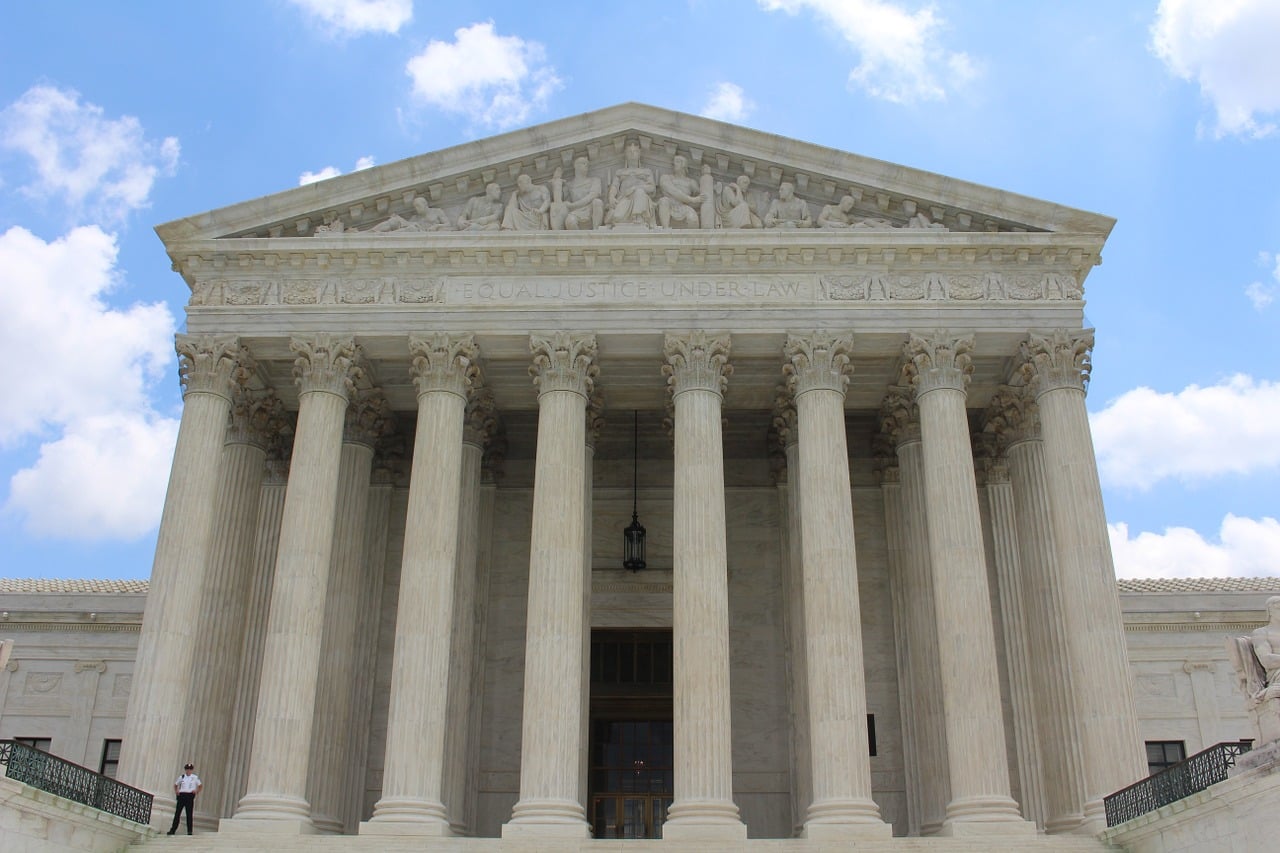Weinstein May Have Novel Ground For Appeal Statutes of limitation; Testimony About Ancient Unrelated Sexual Abuses May Be Unconstitutional
WASHINGTON, D.C. (February 24, 2020) – Lawyers appealing Harvey Weinstein‘s conviction this morning of one count of a Criminal Sexual Act in the First Degree, and one count of Rape in the Third Degree, may have a good – as well as novel – ground, argues public interest law professor John Banzhaf.
Q4 2019 hedge fund letters, conferences and more
Aside from the seating on the jury of a woman who may have been biased, here is one argument which is obvious, even without a detailed review of the actual trial transcript.
Permitting the use - during a trial on charges of sexual assault which are not precluded by the statute of limitations - of witnesses and other evidence of allegedly similar offenses which occurred so long ago that a conviction is no longer possible, may seem unfair and perhaps even unconstitutional, since the practice would appear to be in conflict with two well established principles of criminal law.
First, when a person is on trial for a specific crime, it is generally considered unfair as well a prejudicial to permit evidence that he committed the same or similar crimes - for which he was not convicted - to be introduced, unless it is absolutely necessary to establish his identity (e.g., the murderer always used the same unusual knots to tie up his victims).
For example, a man should be convicted of bank robbery only if there is enough evidence to prove beyond a reasonable doubt that he robbed a specific bank on a specific day, and weaknesses in that evidence cannot be countered by allegations that he may have robbed other banks on other days.
Why Are Statutes Of Limitations Adopted
Second, statutes of limitations are adopted because it is often seen as unfair, and perhaps unconstitutional, to try defendants for crimes which allegedly occurred so many years ago that it is difficult if not impossible for even innocent defendants to effectively defend themselves.
After many years, memories of alleged victims can fade or can be changed by a variety of influences; witnesses who might help a defendant may die, otherwise become unavailable, or forget; other evidence including documents might be lost or otherwise no longer be available, etc.
So to permit evidence of such ancient crimes to be introduced in cases involving different sex crimes within the statute of limitation arguably raises exactly the same concerns.
Even if the jury does not believe the evidence related to crimes which happened so long ago that they are precluded by statutes of limitations - as appears to be the case with the Weinstein jury since they refused to convict him of predatory sexual assault - at least some jurors may be more likely to find a defendant guilty of the specific crimes with which he is charged because of testimony of other sexual assaults committed many years ago.
Where's There's Smoke, There's Fire
In other words, even if jurors believe that it hasn't been proven beyond a reasonable doubt that Weinstein committed a criminal sexual on one complainant or a rape on a second, if there are other witnesses such as Annabella Sciorra testifying to other alleged instances of sexual misconduct by Weinstein, the jury may be willing to convict anyway on the theory that "where's there's (that much) smoke, there's fire."
Thus, suggests Banzhaf, if it is appropriate to sentence someone convicted of current crimes such as criminal sexual act or rape to more time in prison if he engaged in similar conduct now protected by statutes of limitation, it probably would make it fairer - and arguably constitutional - to first obtain convictions in one trial on crimes not bound by statutes of limitation without any evidence about ancient crimes, and then to have a separate trial to convict him of predatory sexual assault, suggests Banzhaf.
Failing to do so here even though it was certainly possible, and arguably contaminating the two cases not precluded by statutes of limitation by testimony about alleged sexual acts now long barred by those statutes, may be considered unconstitutional, and therefor grounds for upsetting these two convictions, argues Banzhaf.





